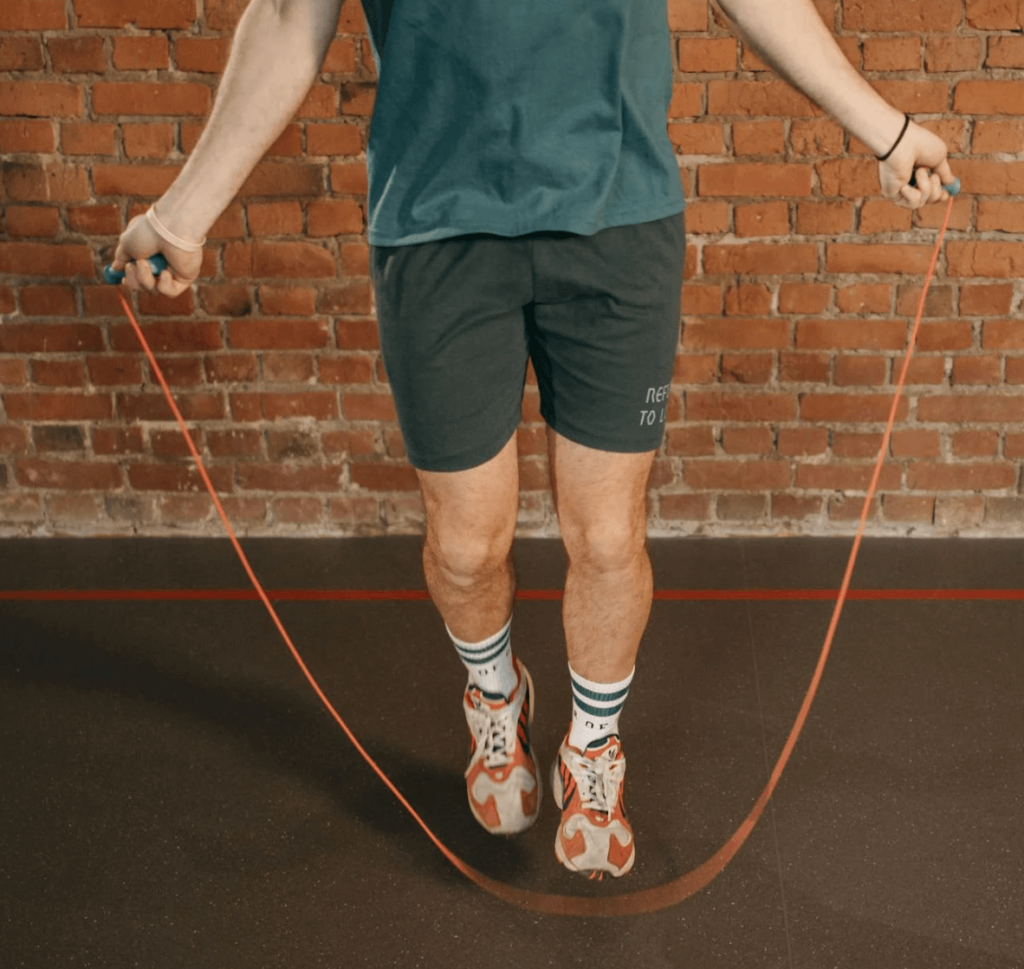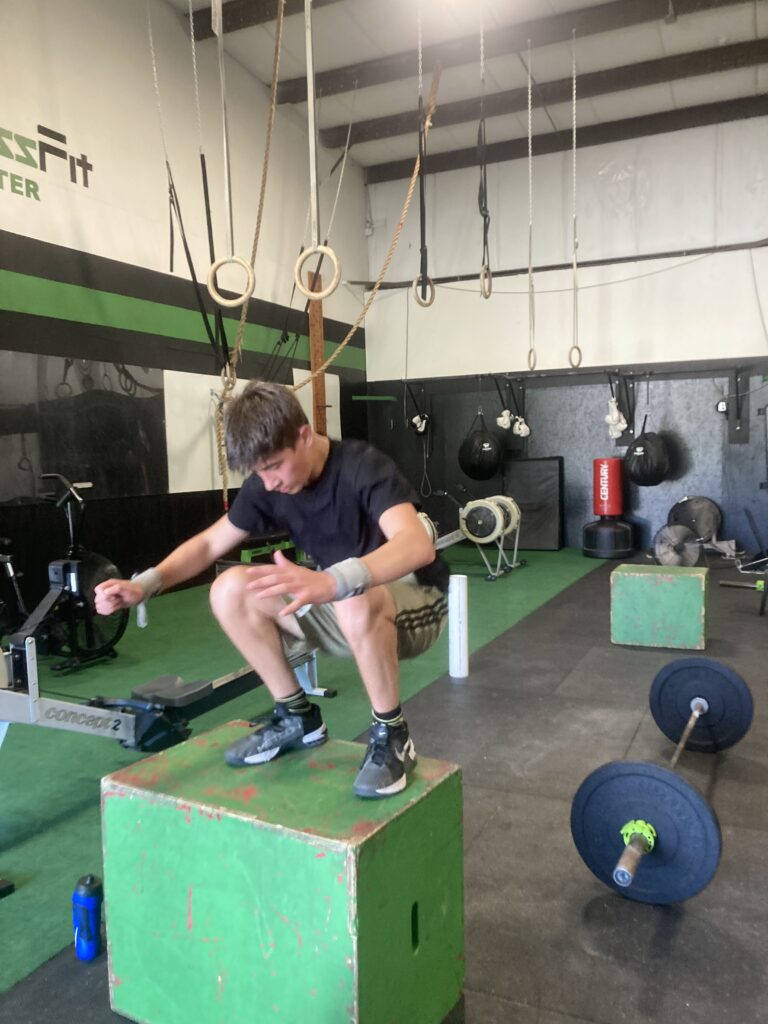Weekends are for getting things done – hiking trails, tackling yardwork, or taking on that long-overdue home project. But are you physically prepared? Functional fitness can ensure you’re ready for any weekend challenge, from shoveling snow to lugging bags of mulch. Let’s look at how specific training can keep you strong, agile, and injury-free.
Functional Fitness for Weekend Activities
Weekends often demand more physical activity than the average weekday – especially if you’re spending hours raking leaves, hauling lumber, or trekking up steep trails. Functional training focuses on the muscles and movements you’ll use in real-life scenarios, preparing your body for the unexpected twists, lifts, and bends.
Seasonal Activities and Functional Exercises
- Hiking – Building Endurance and Stability
Hiking involves uneven terrain, steep inclines, and long periods of walking, requiring a combination of strength, endurance, and balance.
- Exercise: Weighted step-ups, single-leg squats, farmer’s carries
- Real-Life Application: Climbing hills, carrying backpacks, navigating rocky paths
- Shoveling Snow – Power and Proper Technique
Shoveling is a full-body workout that can easily lead to injury if done incorrectly. Training with proper lifting techniques and core stabilization helps prevent strains.
- Exercise: Deadlifts, woodchoppers, sled pushes
- Real-Life Application: Lifting heavy snow, twisting to toss snow, pushing snow piles
- Gardening – Squats, Lifts, and Kneeling
From lifting soil bags to squatting to pull weeds, gardening is surprisingly demanding. Functional exercises can mimic these movements to build endurance and protect your back.
- Exercise: Goblet squats, hip hinges, plank variations
- Real-Life Application: Bending to plant flowers, carrying mulch, pulling weeds
- DIY Projects – Lifting and Carrying
DIY projects often involve heavy lifting and awkward angles. Functional fitness builds core stability and grip strength to handle power tools, lumber, and furniture.
- Exercise: Loaded carries, kettlebell swings, push-ups
- Real-Life Application: Moving furniture, carrying tools, lifting building materials
Spotting Potential Injuries and Managing Existing Issues
Weekend warriors often push themselves to the limit, but recognizing the signs of an impending injury can save you weeks of recovery. Pay attention to sharp, stabbing pain, swelling, and persistent discomfort that doesn’t ease with rest. Common areas of concern include knees, lower back, and shoulders.
- Warning Signs: Pain that radiates, tingling or numbness, decreased range of motion
- What to Do: Stop the activity immediately, apply ice, and assess the pain level. If it persists, consult a medical professional.
Compensating for Existing Issues
If you’re dealing with chronic conditions like arthritis or a past injury, modify movements to reduce strain:
- Knee Pain: Swap deep squats for partial squats or wall sits to reduce joint stress.
- Lower Back Pain: Focus on core stabilization exercises like bird dogs and planks instead of heavy lifting.
- Arthritis: Opt for low-impact, joint-friendly exercises like resistance band work, swimming, or recumbent cycling.
Desk Jockeys: Preparing for Weekend Warrior Activities
If you spend most of your week sitting at a desk, your body may not be ready for the intense physical demands of a weekend project or hiking trip. Gradually building strength, mobility, and endurance throughout the week can prevent injury and boost performance when the weekend arrives.
- Weekly Routine: Include 2-3 days of full-body strength training, focusing on compound movements like squats, deadlifts, and push-ups.
- Mobility Work: Add 10 minutes of daily stretching or foam rolling to target tight hip flexors, hamstrings, and lower back.
- Cardio Prep: Low-impact activities like walking, cycling, or rowing can keep cardiovascular health in check without overloading joints.
When to Outsource: Knowing When It’s Time to Call in Help
Sometimes, the best way to avoid injury is to accept that some tasks are best left to the pros. If you have a pre-existing condition like arthritis or chronic back pain, consider outsourcing strenuous tasks like mowing, snow removal, or heavy lifting.
- When to Outsource:
- You’ve had a recent injury or surgery.
- The task involves repetitive heavy lifting or awkward angles.
- You feel persistent pain during or after similar activities.
Bringing in a professional isn’t a sign of weakness – it’s a smart move to protect your body and prevent setbacks.
Before jumping into any weekend activity, warming up is crucial. A proper warm-up prepares muscles for exertion, reducing the risk of strains and sprains. Focus on dynamic stretches and mobility exercises that target the lower back, shoulders, and hips.
- Warm-Up Routine: Arm circles, leg swings, bodyweight squats, inchworms
- Lifting Techniques: Keep a neutral spine, engage your core, lift with your legs, and avoid twisting under load.
Ready for Anything
Functional fitness isn’t just about lifting weights – it’s about preparing your body for life’s physical challenges. Whether you’re hitting the trails, tackling yardwork, or taking on a DIY project, training with real-world movements ensures you stay strong, agile, and ready for anything that comes your way.





